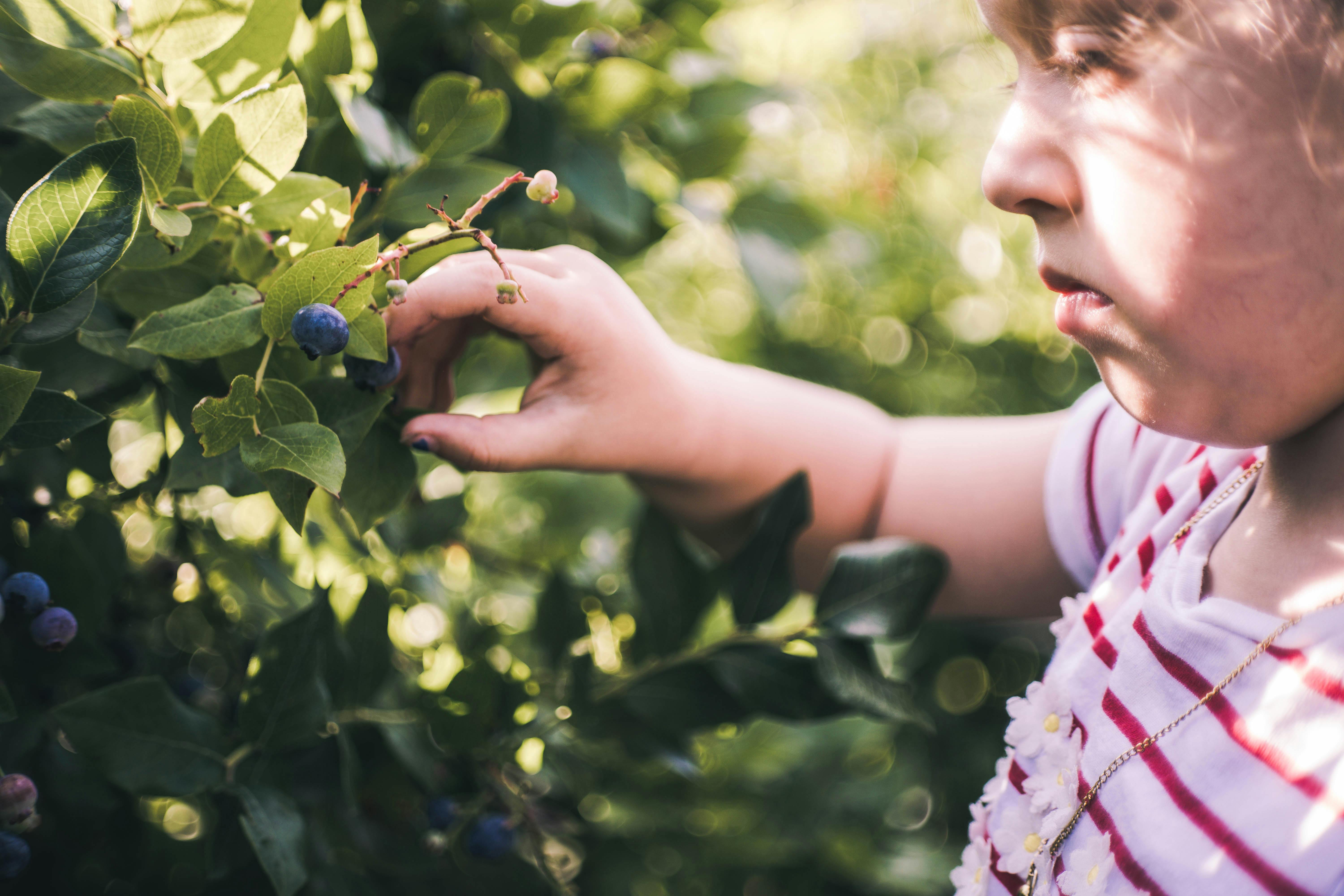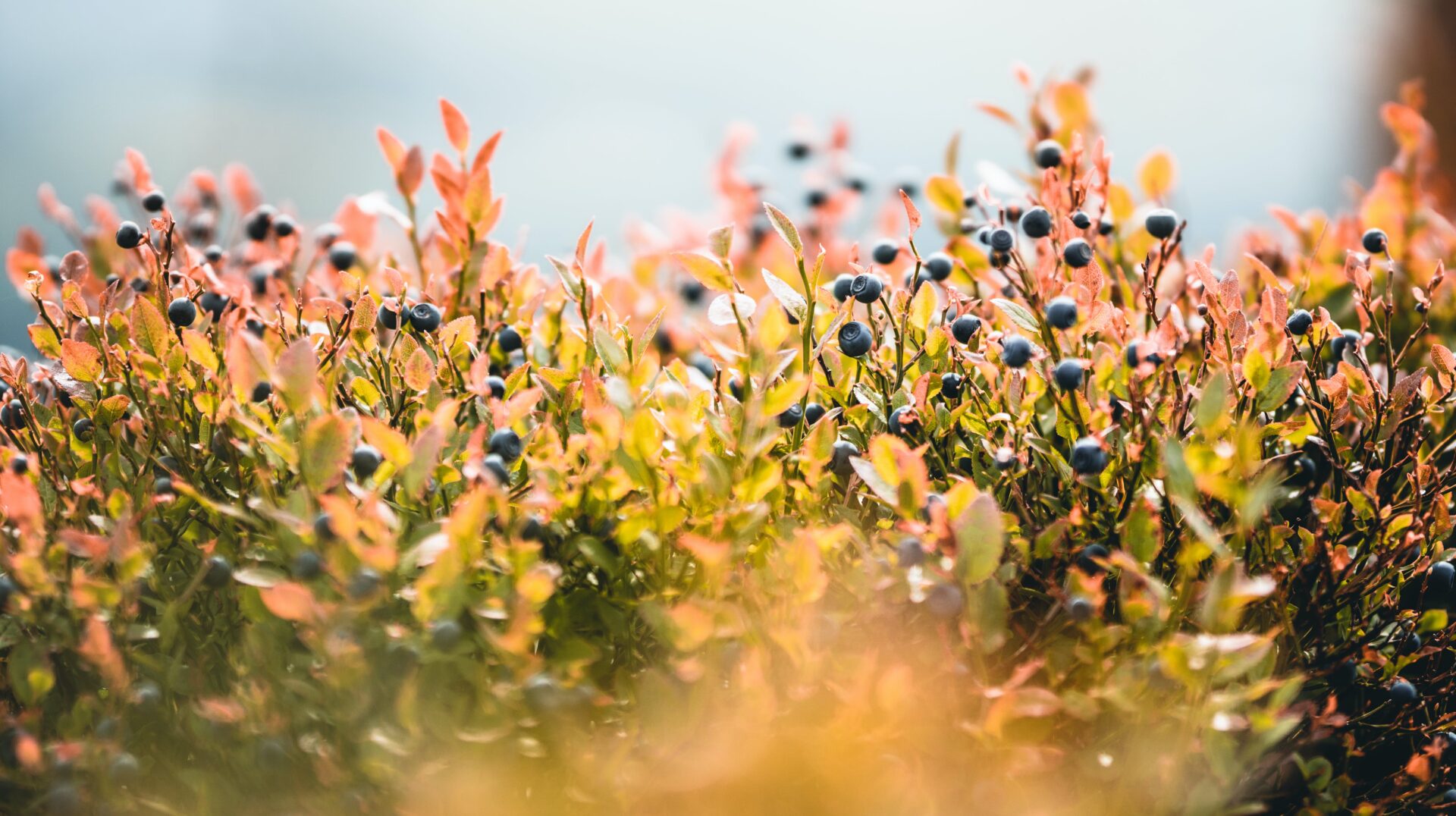Alabama is a great place to grow blueberries! With its long, hot summers and mild winters, the state provides the perfect climate for growing these delicious, healthy fruits. The best time to plant blueberries in Alabama is usually in late winter or early spring. This gives the plants enough time to establish their roots and become well-established before the summer heat arrives. When planting blueberries in Alabama, be sure to select varieties that are adapted to the local climate and soil conditions. Additionally, provide your plants with plenty of sunlight and water to ensure they thrive. With proper care, you can enjoy fresh blueberries from your own backyard for many years!The best time to plant blueberries in Alabama is in the spring, from late March to early April.
What Type of Soil is Ideal for Planting Blueberries in Alabama?
When planting blueberries in Alabama, it is important to consider the type of soil that will be most conducive to a successful crop. Blueberries prefer a soil that has an acidic pH and a loamy texture. The soil should be light and well-drained, with good moisture retention. Adding organic matter to the soil can help increase its fertility and improve drainage. Compost or well-rotted manure can also be added to boost the nutritional content of the soil. Additionally, adding mulch around the plants will help retain moisture and keep weeds under control.
It is important to test the pH level of your soil before planting blueberries, as they require an acidic environment in order to thrive. The ideal pH range for blueberry plants is between 4.5 and 5.5, though some varieties may do better at slightly higher or lower levels. If your soil does not naturally fall within this range, you can use sulfur or other amendments to adjust the pH level as needed.
It is also important to make sure your soil has adequate drainage since blueberry plants do not tolerate standing water or overly wet conditions. Clay soils can often benefit from the addition of sand or organic matter such as compost or peat moss, which can help improve drainage and aeration in heavy soils.
In summary, when planting blueberries in Alabama it is important to ensure that your soil has an acidic pH between 4.5 and 5.5, a loamy texture with good moisture retention, and adequate drainage so that your plants are able to grow healthily and produce a successful crop.
How Often Should Blueberries be Watered in Alabama?
In Alabama, blueberries should be watered regularly, as they need consistent moisture to produce fruit. It is recommended that gardeners water their blueberry plants at least once a week during the growing season. However, during periods of hot and dry weather, it may be necessary to water more frequently. Applying 1-2 inches of water per week is ideal for optimal growth and fruit production. During the summer months, when temperatures are especially high and the soil tends to dry out quickly, it may be necessary to water more often.
When watering blueberries in Alabama, it is important to use drip or soaker hoses instead of overhead sprinklers. This will help ensure that the water reaches the roots of the plants and not just run off before it can be absorbed. Additionally, mulching around the plants helps keep moisture in and weeds out. Adding organic matter such as compost or aged manure will also help improve soil quality and drainage while increasing nutrient availability for better plant growth.
What Kind of Fertilizer is Recommended for Planting Blueberries in Alabama?
Planting blueberries in Alabama can be a rewarding experience, but it’s important to choose the right fertilizer to ensure successful growth. Blueberries need an acidic soil for optimal growth, and choosing the wrong fertilizer can lead to nutrient deficiencies and other problems. The best type of fertilizer for blueberries in Alabama is one that contains ammonium sulfate, or sulfur-coated urea. Ammonium sulfate helps to acidify the soil and provide key nutrients like nitrogen and sulfur that are essential for healthy berry growth.
In addition to ammonium sulfate, blueberry plants require other nutrients such as phosphorus, potassium, magnesium, iron, zinc, copper, boron and molybdenum. These elements are usually found in fertilizers designed specifically for blueberries or acid-loving plants. Organic fertilizers such as composted manure or aged poultry manure can also be used in combination with ammonium sulfate to provide all the necessary nutrients needed for healthy growth.
When applying fertilizer to blueberry plants in Alabama, it’s important to follow the manufacturer’s instructions carefully. Over-fertilizing can burn the plant roots and cause significant damage. For established plants, it’s best to apply one pound of ammonium sulfate per 100 square feet of planting area once a year in spring or early summer. For new plants it is recommended to apply the same amount of ammonium sulfate twice a year – once during spring planting and again 6 weeks later during mid-summer.
Using the right fertilizer is key for successful blueberry growing in Alabama. By choosing a fertilizer that contains ammonium sulfate along with other essential nutrients like phosphorus, potassium and magnesium, growers can ensure their blueberry plants have all they need for optimal health and fruiting potential.
Pruning Blueberry Bushes in Alabama
Pruning blueberry bushes in Alabama is an important part of maintaining healthy and productive plants. Pruning helps promote strong growth, encourages flowering and fruiting, and improves air circulation and light penetration. Pruning should be done on a regular basis to keep the plant healthy and productive. The best time to prune blueberry bushes in Alabama is late winter or early spring before new growth begins. This is when the plant is dormant and there is no risk of damage to new shoots or buds.
When pruning blueberry bushes in Alabama, it is important to remove any dead, diseased, or damaged branches first. This will help prevent the spread of disease or pest infestations. Next, remove any branches that are crossing over each other or rubbing against each other as these will cause damage as they grow thicker. Additionally, thin out any overly dense areas of the bush to improve air circulation and light penetration. Finally, shape the bush by removing any overly long branches that are not producing fruit.
It is also important to keep in mind that when pruning blueberry bushes in Alabama, it is best to avoid taking off too much at once as this can cause shock or stress to the plant which can result in poor growth or reduced yields. Pruning should be done gradually over time with only a few branches removed at one time for best results.

How Much Sunlight do Blueberries Need to Grow in Alabama?
Growing blueberries in Alabama is a great way to enjoy fresh, homegrown fruit. Blueberries thrive in the warm, humid climate of the state and require a significant amount of sunlight to reach their full potential. In order to ensure your blueberry plants receive enough sunlight, it is important to understand how much they need.
In general, blueberry plants need at least six hours of direct sunlight a day. This means that the sun should be shining directly onto the leaves and not blocked by shading from nearby trees or buildings. If possible, it is best for blueberry plants to get up to eight hours of direct sunlight per day for optimal growth and fruit production.
It is also important to consider seasonal variations when providing your blueberry plants with enough light. During the summer months, when the days are longer and the sun is stronger, more sunlight can be beneficial for your plants. During winter months, however, you may want to reduce the amount of sunlight received by your blueberry plants as less light may be necessary during this time.
Overall, if you are looking to grow blueberries in Alabama you will need to provide them with adequate amounts of sun throughout the year. Make sure that they receive at least six hours of direct sunlight per day and up to eight hours during summer months. Doing this will ensure that your blueberry plants reach their full potential and provide you with plenty of delicious fruit each season!
Mulching Necessary for Growing Blueberries in Alabama?
Mulching is an important part of growing blueberries in Alabama. It helps conserve moisture, prevents weeds from taking over the area, and protects the roots of the plants from extreme temperatures. Mulch also provides a source of organic matter to enrich the soil and promote better plant growth. It is especially important to mulch in Alabama due to its hot, humid climate and frequent heavy rains which can cause soil erosion and dry out plants.
A layer of mulch around blueberry bushes will help keep the soil moist during dry spells and prevent weeds from establishing themselves. The mulch should be applied after planting and should be a minimum of 3 inches thick. Good choices for mulching include wood chips, shredded leaves, pine needles or straw. It is important to keep the mulch away from the base of the plants so it does not interfere with their growth or attract pests like slugs and snails.
Mulching also helps protect blueberry plants from extreme temperatures during winter months. The layer of insulation provided by mulch keeps temperatures more stable around the roots which helps them survive cold winter weather better than if they were left exposed to freezing temperatures without any protection.
In summary, mulching is an important part of growing blueberries in Alabama. It helps conserve moisture, prevents weeds from taking over the area, protects against extreme temperatures, provides organic matter to enrich the soil, and encourages better plant growth overall.
Pest Control Methods for Growing Blueberries in Alabama
Pests can be a major concern for blueberry growers in Alabama. Proper pest management is essential to ensure healthy blueberry plants and successful harvests. Pest control methods used for growing blueberries in Alabama should include cultural, biological, physical, and chemical control strategies.
Cultural control methods involve using practices that favor the desired plant species and discourage pest populations. Examples of cultural controls for blueberries include crop rotation, planting resistant varieties, and removing infected plants.
Biological control involves the use of natural predators or parasites to reduce pest populations. For example, beneficial insects like ladybugs or parasitic wasps can be used to help manage certain insect pests on blueberry plants.
Physical control methods involve using barriers or other means to prevent pests from reaching the crop. Examples of physical controls include using row covers to protect plants from certain insect pests or constructing fences around the field to keep larger animals away.
Chemical control involves applying appropriate pesticides to eliminate existing pest populations or prevent them from establishing in the first place. It is important for growers to read and follow all product labels when applying pesticides and use only those products specifically labeled for use on blueberries in Alabama.
By implementing a combination of these control strategies, growers can successfully manage pests on their blueberry crops without compromising plant health or yield potential.

Conclusion
Blueberry planting in Alabama can be a rewarding and enjoyable experience. The best time to plant blueberries is during the cooler months of fall and winter. Planting blueberries during these months gives them time to become established before the heat of summer arrives. When selecting blueberries, choose varieties that are well-suited to the climate in Alabama and take into account when they will ripen to ensure an extended harvest season. Blueberries planted in the right conditions will produce a abundant crop of sweet and juicy berries for many years to come.
When planting blueberries, it is important to consider soil pH, drainage, sunlight requirements, and spacing between plants. Taking all these factors into consideration will ensure a successful crop of delicious fruit each year. With proper care and maintenance, blueberry bushes can provide years of enjoyment for gardeners in Alabama.



